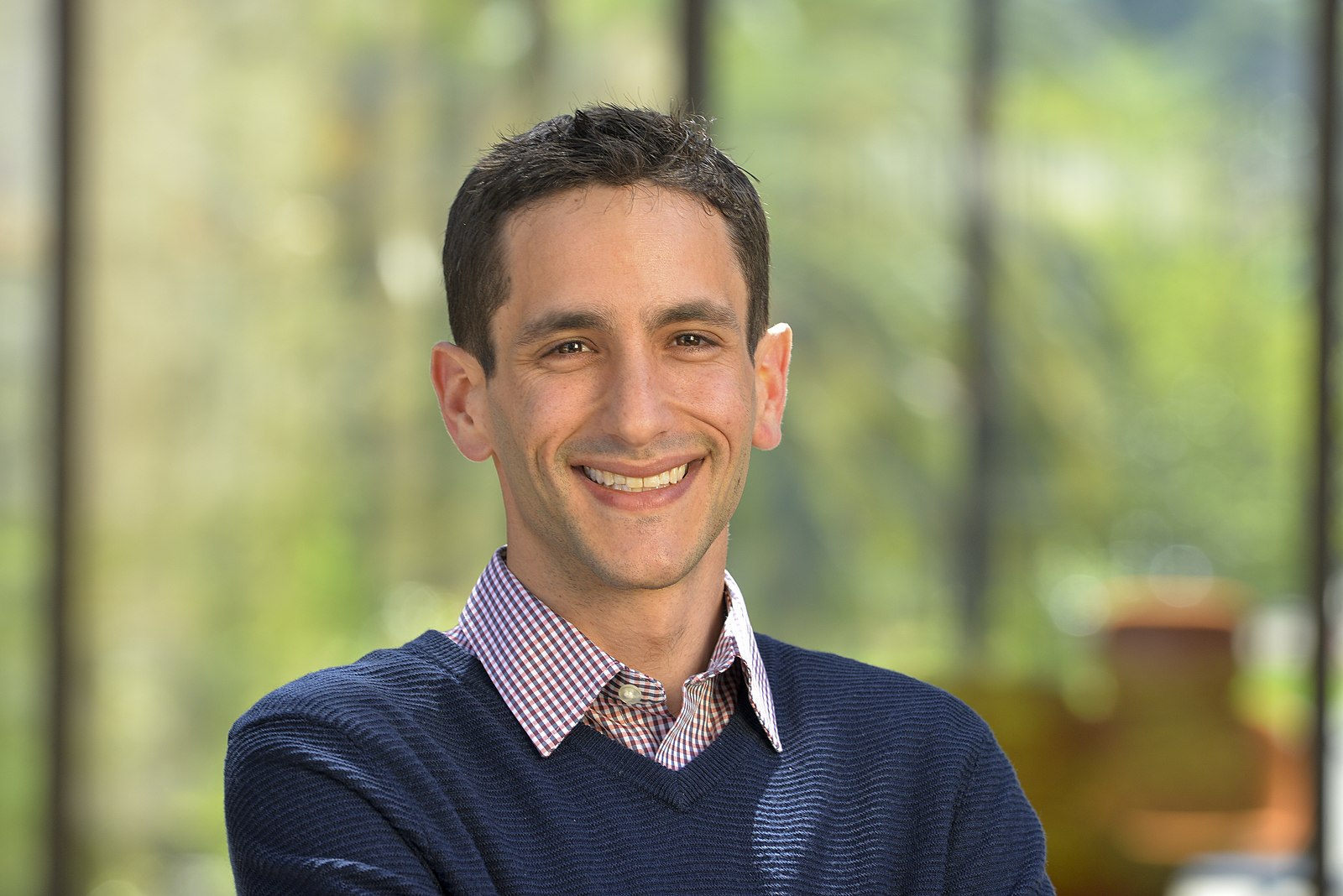Jake Kubrin is Metadata Librarian at the Stanford Law School Robert Crown Library who recently completed our intermediate-level Wikidata training course. Here he shares what linked open data makes possible for his work.

The American Bar Association (ABA) began conducting a series of oral history interviews of leading women lawyers, judges, and legal professionals in 2005, known as the Women Trailblazers in the Law Project. These oral histories provide unique and impactful perspectives on gender inequality in the legal field. In 2016, Robert Crown Law Library at Stanford Law School agreed to digitize, host, and make these oral histories available to the general public (see here: https://abawtp.law.stanford.edu/).
I chose to work with this collection in Wikidata given its size and scale, the previous metadata work completed, as well as the scope and nature of content. The collection consists of approximately 100 different interviewees. Given the time and effort needed to manually edit and create records for the 100 interviewees, OpenRefine was used to reconcile identities, load, and remediate records in batch. Having done a few OpenRefine tutorials and some experience with the facet functionality, I was excited about the opportunity to learn additional OpenRefine tools and maximize the tools I learn.
Having created the original MARC records for the collection, a workable record structure was already established and this was replicated for the work done in Wikidata. Although no WikiProject for oral history collections currently exists, other cataloging best practices pointed me towards this conclusion. Wikidata items were created for the individual interviewee and they included statements to a collection level record and the permanent URL where users can access the interviewee’s complete oral history collection.
The scope and nature of the content of the collection warranted Wikidata entries as well. Given that these many of these women held public office and were high-profile attorneys a lengthy public record existed for all interviewees, there was little question about notability. As a matter of fact, several fulfilled already had lengthy and well-referenced Wikipedia articles. The intent of the ABA in collecting these interviews was to share the challenges faced by women in the legal field, celebrate and recognize their successes, as well as speak truth to discrimination in the legal field today. Using Wikidata to enhance and build it’s structured knowledge base allows the collection to continue to be more utilized, valued, and fulfill the project’s goals.
Reviewing the work done for delivering this collection, I took away several helpful new understandings of Wikidata in spearheading new kinds of work and developing linked open data. When creating a data model for new records for the interviewees, much consideration was given to making sure that properties that could be readily captured from the oral history collection site online and useful for accessibility. Tools that could parse a transcript for keywords may have been able to supply helpful metadata, but they are still in production. Instead, the keywords used as tags on the collection’s online site fulfilled both criteria. The next steps and work ahead of me for enhancing records will be also including a Library of Congress Name Authority File identity property since this was already also captured during the initial work creating the MARC records. As I continue to get further exposure to Wikidata, I aim to develop showcase records and help to support others in their work developing Wikidata oral history collection records.
Finally, working on this project provided a way to support the collective and collaborative effort in building open linked data. Using Wikidata to push this collection to a structured knowledge base allows users to reach the oral history collection more easily. With the goal of sharing this collection as much as possible, taking advantage of the resources and tools to develop Wikidata items will continue to be a highly important part of delivering collections for our Library.
Registration for our upcoming Wikidata courses is open! New to linked data? Join the open data movement in our beginner’s course. Have more experience with linked data or Wikidata? Sign up for our intermediate course that focuses on applications. Or visit data.wikiedu.org for more information.
